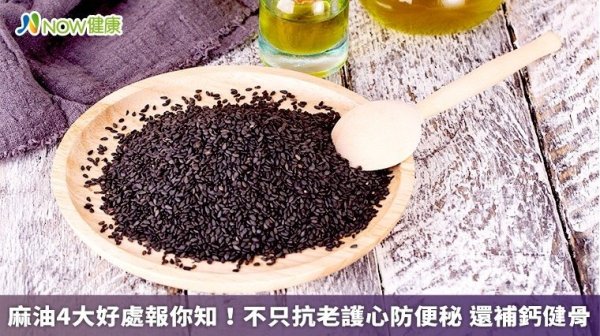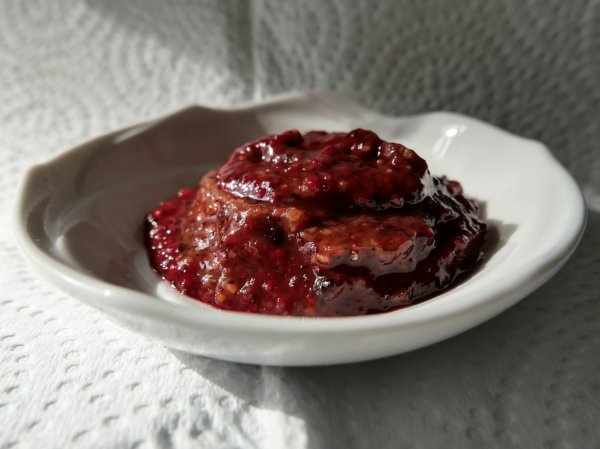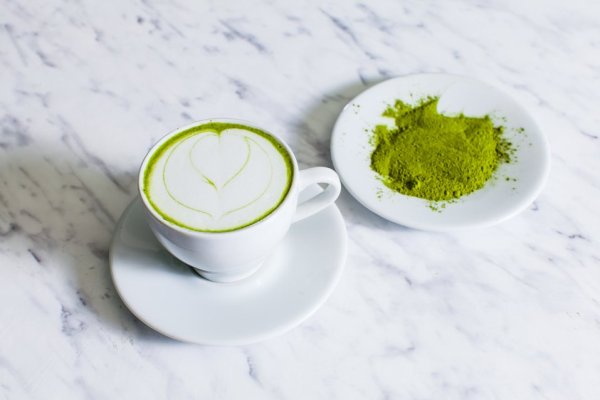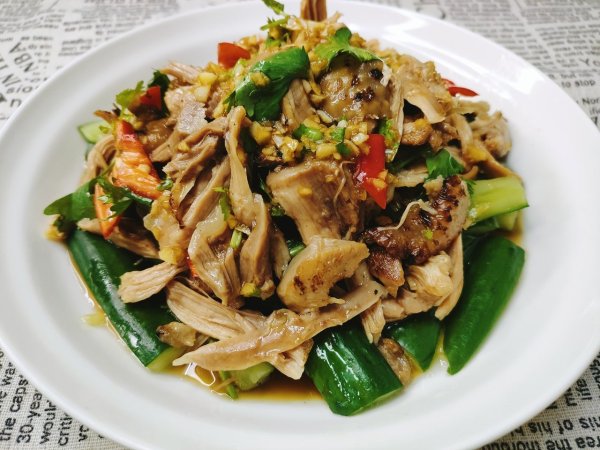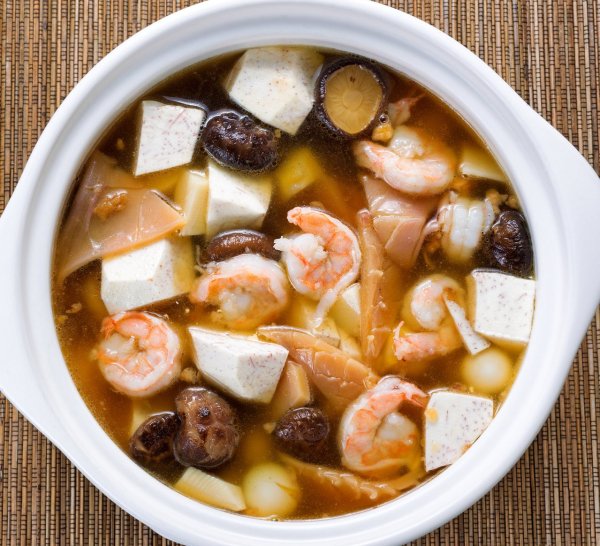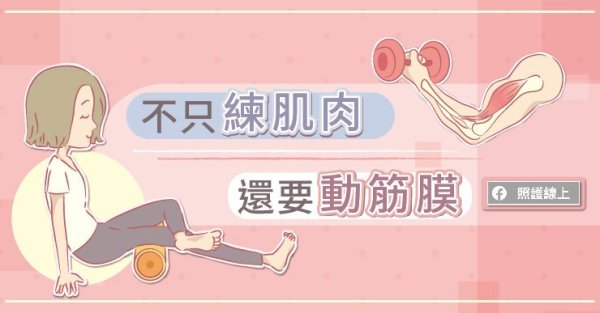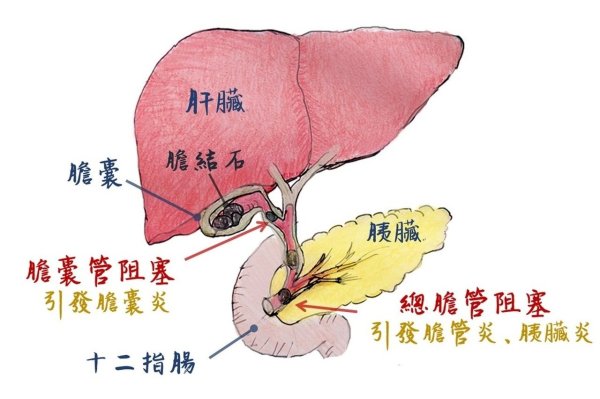Looks healthy but seriously underestimates its calories. Chef reveals 5 foods that have a halo but don’t live up to their reputation
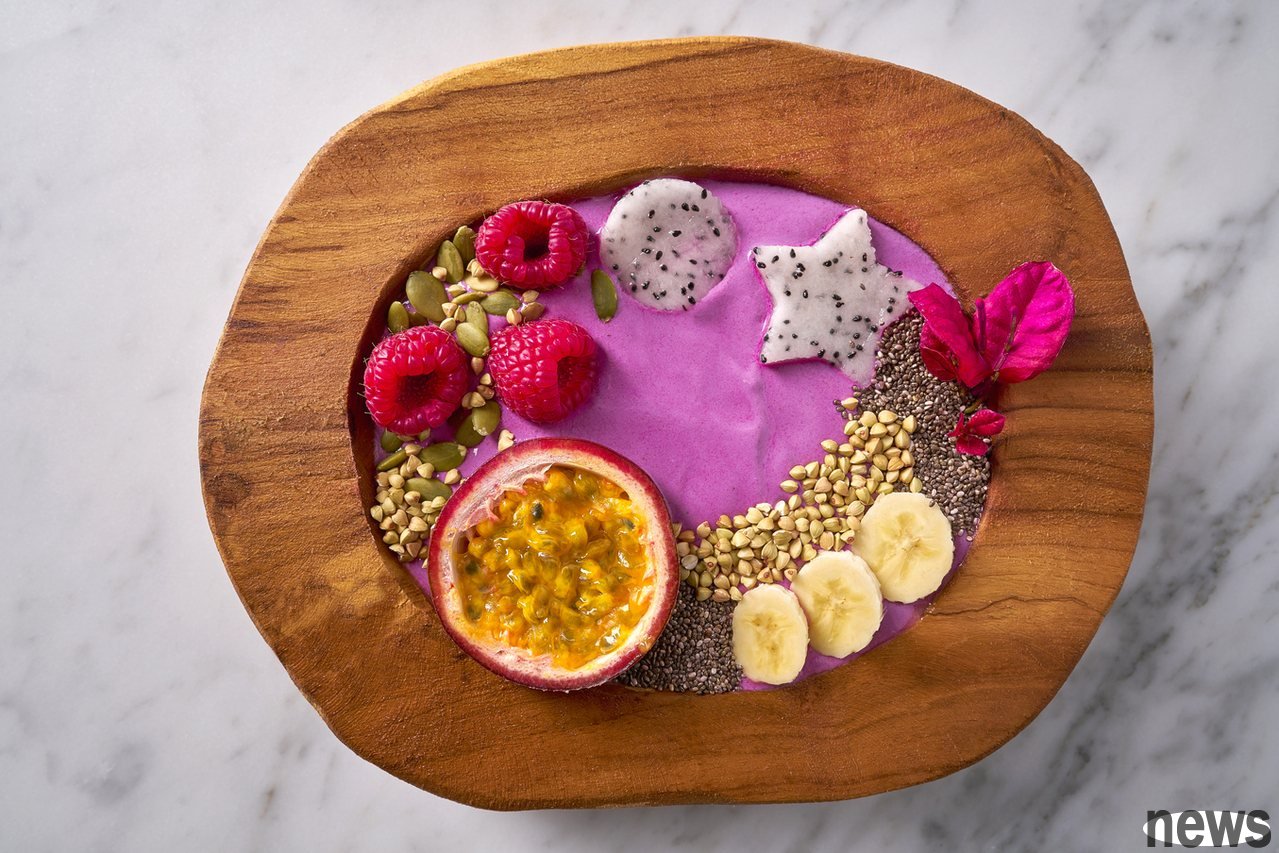
Health halos (Health halos) refers to those foods that are advertised as organic, low-fat, natural or gluten-free and appear to be healthy, but are actually not beneficial to health due to high sugar, high salt or high calories.
The New York Post reported that research continues to show that consumers have difficulty recognizing health halos; for example, a recent study found that people "significantly underestimate" the calories of high-calorie foods labeled as organic.
Mediterranean Restaurant Olea, Florida Bloom chef Jimmy Chill specializes in nutritional menus. He said that his years of experience have allowed him to see firsthand how "healthy food" marketing rhetoric confuses healthy eating. Here are five "healthy" foods that Zier revealed:
1. Acai bowls (Açaí bowls)This traditional Brazilian dessert is made by mixing frozen acai berry puree with milk, nut milk or soy milk to make a smoothie, and then spreading fresh fruits, cereals, nuts, etc. on top. It seems healthy because it is made with acai berry puree and frozen fruit, but the problem often lies in the ingredients on it. Adding oatmeal, fruit and honey turns the superfood into a "sugar-coated bomb," Ziehl says, and it ultimately destroys the body.
Ziel suggested that you should avoid bowl-packed products sold in the market or in cafes, which often have added sweeteners and preservatives. Instead, it is better to use 100% pure acai berries and make your own at home.
2. Processed vegetarian products and vegetable crispsPlant-based does not mean healthy. Chir emphasized that many vegetarian products use laboratory-synthesized ingredients and are highly processed. A British study found that vegetarians tend to consume more highly processed foods than those who eat moderate amounts of meat or fish.
Another plant-based food that displeases Zille is vegetable chips. He pointed out that these products have virtually no vegetable nutritional value; vegetables are overcooked, resulting in complete loss of nutrients, and many brands also use refined starches.
3. Protein shakesProtein is being added to a variety of products, from coffee and cereal to potato chips, even peanut butter, which is already rich in protein.
Ziel said that protein shakes need to be particularly cautious, not only because the latest investigation has found that many products contain worrying levels of lead; these protein shakes that are marketed as meal replacement or weight loss are often mixed with highly concentrated ingredients such as soy protein or milk protein isolate to achieve a high protein serving per bottle. In addition, they often contain artificial sweeteners and other additives that may disrupt intestinal flora, affect digestion and even concentration.
4. Fruit Smoothies and Detox JuicesZiel pointed out that, like vegetable chips, whipping fruits will destroy nutrients, and most commercially available products are pasteurized, which reduces their freshness, and smoothies can also be extremely high in calories.
He said that a healthy body has the ability to detoxify, and detoxifying juice is completely redundant. Instead of smoothies, he recommends choosing cold-pressed juices that are not pasteurized or have added sugar.
5. Olive oilThe juice squeezed from olives has long been hailed as the nectar from the god of health. It is rich in monounsaturated fatty acids, polyphenolic antioxidants and anti-inflammatory compounds, which can resist oxidative stress and cell damage.
Zil said that although olive oil contains fat that is good for the heart, it is high in calories and requires careful portion control; and not all oils are equal. He likes to use cold-pressed olive oil from Turkey and Lebanon for both purity and flavor.



